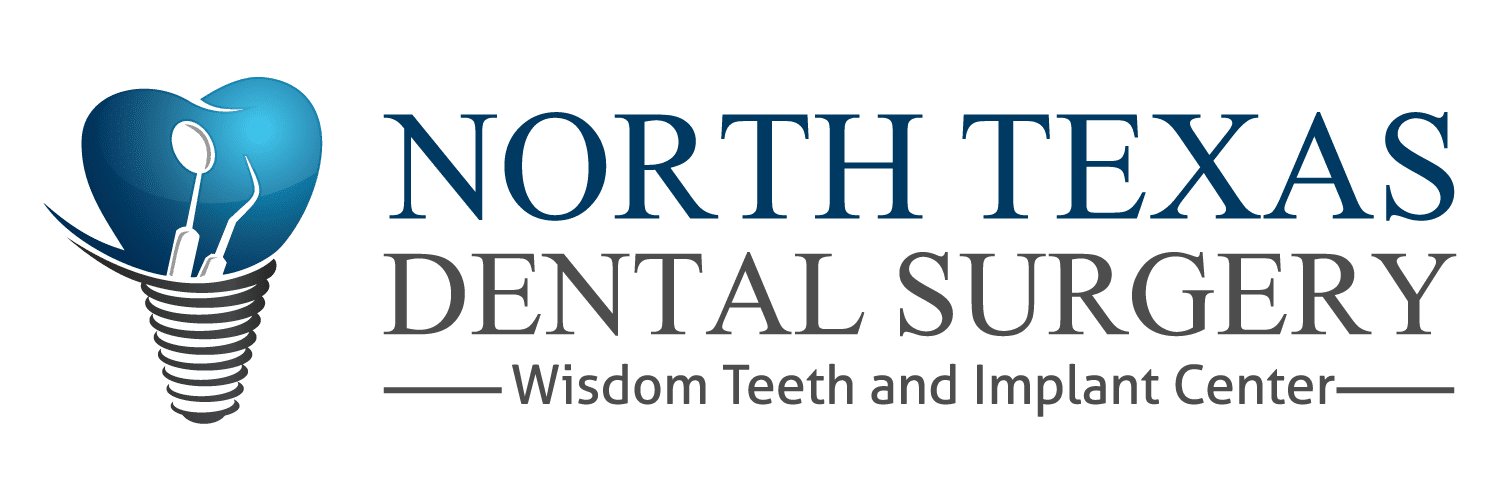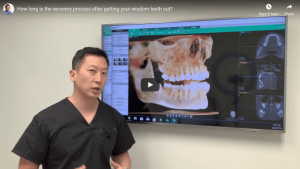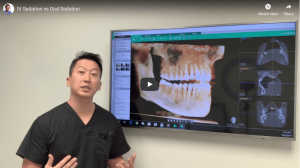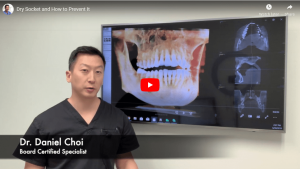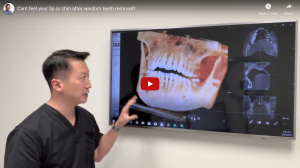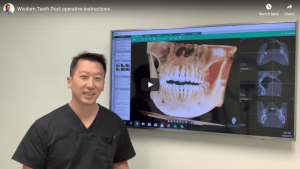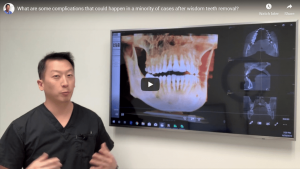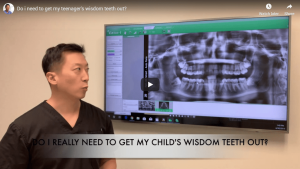Paresthesia Nerve Damage From Wisdom Teeth
Have you been told by a surgical specialist that you are at risk for potential nerve damage, commonly referred to as paresthesia, as a result of your wisdom teeth removal procedure? Or have you done some research and heard that paresthesia is a potential wisdom teeth removal complication?
While some patients may be at high risk for paresthesia, other patients will not be at risk for this complication. Why is that? Every individual has a unique anatomy. The way that a person’s roots are in relationship to the nerves and other risk factors associated with the patient’s anatomy will determine whether that person is at risk for paresthesia. Obviously, this type of news can be very scary for a patient to hear, especially if they are experiencing pain from their wisdom teeth and really wants to proceed with removing the wisdom teeth.
If you have been told that you are at risk for this complication, what are some things we can do to minimize any potential complications? Or, if you have already had your wisdom teeth removed and are experiencing paresthesia, what can we do to reduce the numbness of your lip, chin, or tongue? First and foremost, if a patient is at a high risk for paresthesia, we prescribe anti-inflammatory steroids for the patient to start the day prior to their procedure. These steroids will significantly reduce inflammation experienced after the procedure. Essentially, inflammation of the nerve is what causes paresthesia, so it is important to reduce that inflammation and steroids are an excellent way to help prevent that or help address it when a patient has experienced numbness. Another medication that can help is ibuprofen or Aleve, otherwise known as NSAIDS. The reason that we use these is that they are very effective in regards to helping reduce that inflammation. To help reduce the inflammation that is causing numbness and/or pain, we recommend that the patient take these medications as prescribed.
Another technique to reduce inflammation and swelling is to ice the area consistently for a few days after the procedure. This definitely helps reduce inflammation and the swelling that occurs in the nerve due to potential nerve damage.
However, the most important technique that also exists is TIME. Quick story, my fiancé had her wisdom teeth removed back in Toronto about seven years ago. The surgeon discussed the risk of paresthesia with her during the consultation and sure enough, after the removal of her lower wisdom teeth, she had lost sensation in the middle of her lower lip and her chin. The inferior alveolar nerve is a sensory nerve and this is the nerve that was inflamed from the procedure. It took approximately six months to really get that innervation back. To reiterate, the most important thing is to give it time to heal. During my nine years of practice, I have heard stories from patients and their family members who experienced paresthesia when they had their wisdom teeth removed in the past. I have rarely met a patient who experienced permanent paresthesia. In nearly all cases, the paresthesia is temporary. I recall meeting a patient in my second year of practice who came for a dental implant procedure and she mentioned that a few years back she had her wisdom teeth removed and she could not feel her lower lip for about a year and a half. Given enough time for healing, it is highly likely that paresthesia symptoms will resolve on its own.
However, preventing nerve damage is always more ideal than trying to find solutions to treat nerve damage after it has occurred. If your surgeon tells you that you are highly likely to experience some type of nerve damage, but you really need to have your wisdom teeth extracted, there are ways in which nerve damage can be prevented. Rather than dealing with the complications using steroids and NSAIDS or just waiting it out, you can follow these steps to help prevent nerve damage in the first place:
- Utilize a surgical specialist who has plenty of experience removing wisdom teeth from simple to complex cases so that these issues can be foreseen and treated appropriately
- Visit a surgical center that uses 3D technology (such as a cone beam CT scanner) so that the specialist can clearly see where the nerve is in relation to the roots of the teeth and create an extraction plan that takes this into consideration to prevent nerve damage.
These are two very important planning mechanisms that will decrease the likelihood of nerve damage during your wisdom teeth removal.
